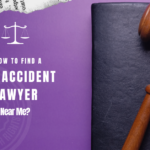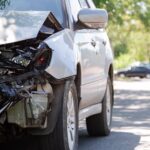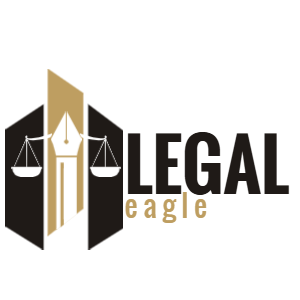Near Me Car Accident Lawyers Your Legal Guide
Near me car accident lawyers are essential legal professionals who can navigate the complex legal landscape after a car accident. Whether you’ve been injured, your vehicle is damaged, or you’re dealing with insurance claims, these lawyers offer invaluable support and guidance. They understand the intricacies of car accident law, ensuring you receive the compensation you deserve.
Car accidents can be traumatic and stressful, leaving victims with physical injuries, emotional distress, and financial burdens. Having a skilled car accident lawyer by your side can alleviate the pressure, allowing you to focus on recovery while they handle the legal complexities. They act as your advocate, protecting your rights and fighting for a favorable outcome.
The Initial Consultation with a Lawyer: Near Me Car Accident Lawyers
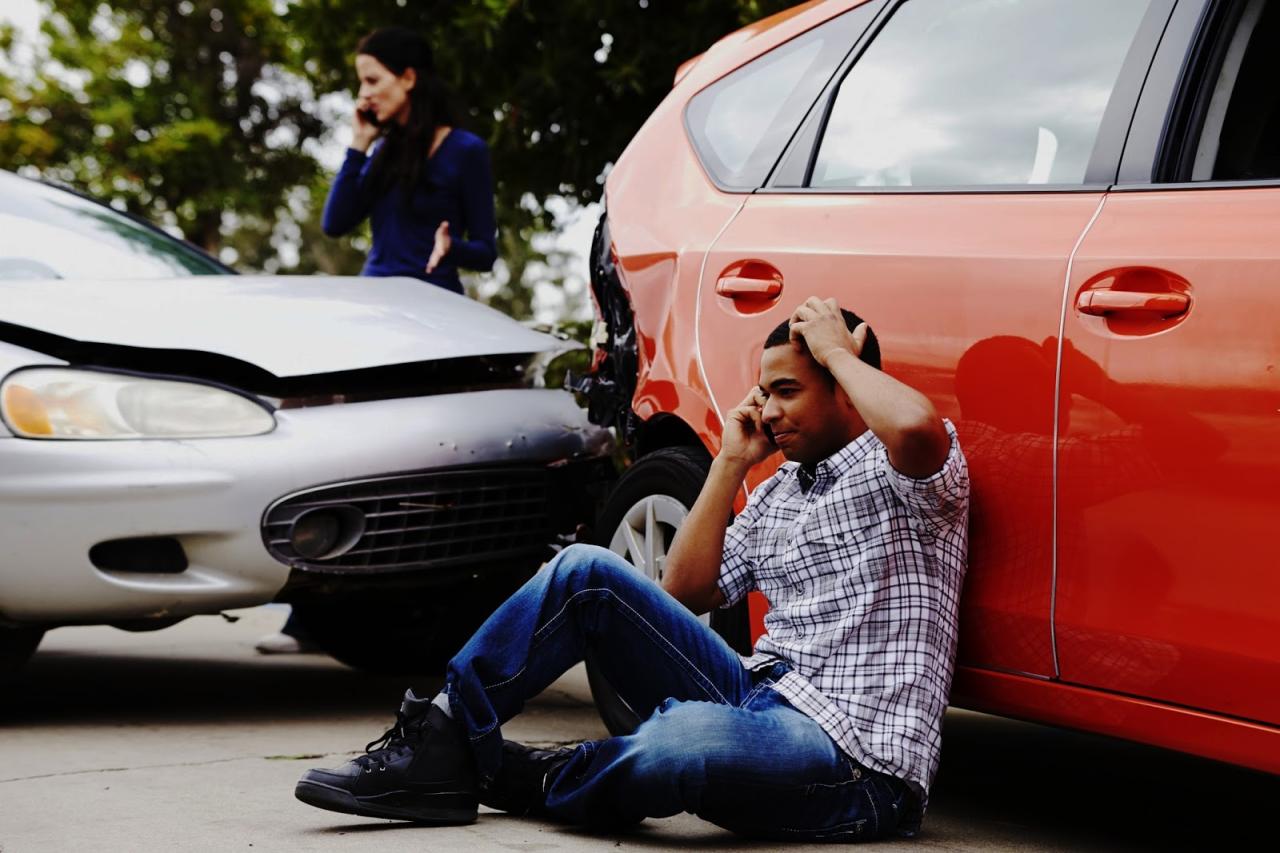
The initial consultation with a car accident lawyer is crucial for understanding your legal options and determining if pursuing a claim is worthwhile. This meeting allows you to discuss the details of your accident, gather information about potential legal strategies, and get a sense of the lawyer’s expertise and approach.
Key Topics Covered
During the initial consultation, you and the lawyer will cover a range of important topics, including:
- The details of your accident: This includes the date, time, location, and circumstances of the accident, as well as any injuries you sustained.
- Your medical treatment: The lawyer will inquire about the extent of your injuries, the medical professionals you have seen, and the costs associated with your treatment.
- The other parties involved: You will discuss the identities of the other drivers, passengers, and any witnesses present at the accident scene.
- Your insurance coverage: You will provide information about your own insurance policy, including your coverage limits and any deductibles.
- The lawyer’s fees and expenses: The lawyer will explain their fee structure, which may include an hourly rate or a contingency fee arrangement.
Assessing the Case and Potential Outcomes
The lawyer’s role is to assess the strength of your case and advise you on the potential outcomes. This involves:
- Gathering evidence: The lawyer will collect all relevant documents, such as police reports, medical records, and insurance information.
- Investigating the accident: They may conduct their own investigation to gather additional evidence, such as witness statements or photos of the accident scene.
- Evaluating liability: The lawyer will analyze the evidence to determine who is responsible for the accident and to what extent.
- Negotiating with the insurance company: The lawyer will handle all communication with the insurance company, aiming to secure a fair settlement for your injuries and damages.
- Preparing for potential litigation: If a settlement cannot be reached, the lawyer will prepare for a lawsuit, which may involve gathering further evidence, conducting depositions, and preparing for trial.
Negotiating with Insurance Companies
After a car accident, you may be dealing with injuries, vehicle damage, and the stress of navigating the insurance claims process. While insurance companies are designed to help in these situations, their primary objective is to protect their bottom line. This often means they may try to minimize your settlement or deny your claim altogether. Understanding common tactics used by insurance companies and employing effective negotiation strategies can help you secure a fair outcome.
Common Tactics Used by Insurance Companies
Insurance companies use a variety of tactics to try to minimize payouts. These tactics can be subtle or overt, but their goal is the same: to pay you as little as possible. Here are some common tactics:
- Lowballing: Offering a settlement far below the actual value of your claim.
- Denying Liability: Claiming that you are at fault for the accident, even if you believe otherwise.
- Delaying Tactics: Prolonging the claims process by requesting additional documentation or information, or simply not responding to your requests.
- Pressuring You to Settle Quickly: Encouraging you to accept a quick settlement without fully understanding the extent of your injuries or damages.
- Using Aggressive Negotiation Techniques: Employing tactics such as intimidation or threats to try to force you to accept a lower offer.
Strategies for Effective Negotiation
To counter these tactics, you need to be prepared and assertive. Here are some strategies for effective negotiation:
- Document Everything: Keep detailed records of all communication with the insurance company, including dates, times, and content of conversations. Take photos or videos of your injuries and vehicle damage.
- Seek Medical Attention: Get a thorough medical evaluation from a qualified healthcare professional. This will provide documentation of your injuries and their impact on your life.
- Get Legal Advice: Consult with a car accident lawyer who can help you understand your rights and navigate the legal process.
- Don’t Settle Quickly: Don’t accept the first offer you receive. Take your time to understand the value of your claim and consider all options.
- Be Prepared to Walk Away: If you feel the insurance company is not negotiating in good faith, be prepared to walk away and pursue other options, such as filing a lawsuit.
Potential Settlement Outcomes, Near me car accident lawyers
The outcome of your negotiation with the insurance company will depend on a variety of factors, including the severity of your injuries, the extent of the damage to your vehicle, and the strength of your case. Here are some potential settlement outcomes:
- Full Settlement: The insurance company agrees to pay the full value of your claim, including medical expenses, lost wages, and property damage.
- Partial Settlement: The insurance company agrees to pay a portion of your claim, but not the full amount. This may occur if they dispute the value of your claim or the extent of your injuries.
- Denial of Claim: The insurance company may deny your claim altogether, claiming that you are not entitled to compensation. This can happen if they believe you are at fault for the accident or if they believe your injuries are not serious enough to warrant compensation.
Preparing for Court
If your car accident case proceeds to court, it is crucial to be well-prepared. This involves gathering essential documents and evidence, understanding potential arguments and counterarguments, and considering the role of expert witnesses.
Essential Documents and Evidence
Having the right documentation and evidence is essential for building a strong case. This includes:
- Police Report: This official document details the accident, including the date, time, location, and involved parties. It is a primary source of information for the court.
- Medical Records: These records document your injuries and treatment, including doctor’s notes, diagnoses, and medical bills. They are essential for proving the extent of your damages.
- Photographs and Videos: Visual evidence, such as photos of the accident scene, damage to your vehicle, and your injuries, can be powerful in court.
- Witness Statements: Statements from witnesses who saw the accident can provide valuable information about how it happened.
- Vehicle Maintenance Records: Records of your vehicle’s maintenance history, especially brake and tire maintenance, can be relevant if the other party claims you were at fault due to mechanical failure.
- Insurance Policies: Your insurance policy and the other driver’s insurance policy are essential to understand coverage limits and obligations.
Potential Arguments and Counterarguments
Car accident cases often involve disputes about fault and liability. Here are some common arguments and counterarguments:
- Negligence: You may argue that the other driver was negligent, meaning they failed to act reasonably and caused the accident. This could involve exceeding the speed limit, driving under the influence, or failing to yield right-of-way.
- Contributory Negligence: The other party may argue that you were also partially at fault, which could reduce your compensation. They might claim you were speeding, texting while driving, or not paying attention.
- Comparative Negligence: Some states use a comparative negligence system, where the court assigns percentages of fault to each party involved. For example, if you are found 20% at fault, your compensation will be reduced by 20%.
- Damages: The amount of compensation you can receive is determined by your damages, which include medical expenses, lost wages, pain and suffering, and property damage. The other party may dispute the extent of your damages or argue that some expenses are unnecessary.
Role of Expert Witnesses
In some cases, expert witnesses may be called to provide specialized testimony. These experts can be:
- Medical Experts: Doctors or other medical professionals can provide testimony about your injuries, treatment, and prognosis.
- Accident Reconstruction Experts: These experts can analyze the accident scene and provide opinions on how the accident happened and who was at fault.
- Economists: Economists can calculate your lost wages and future earning capacity.
Understanding Damages and Compensation
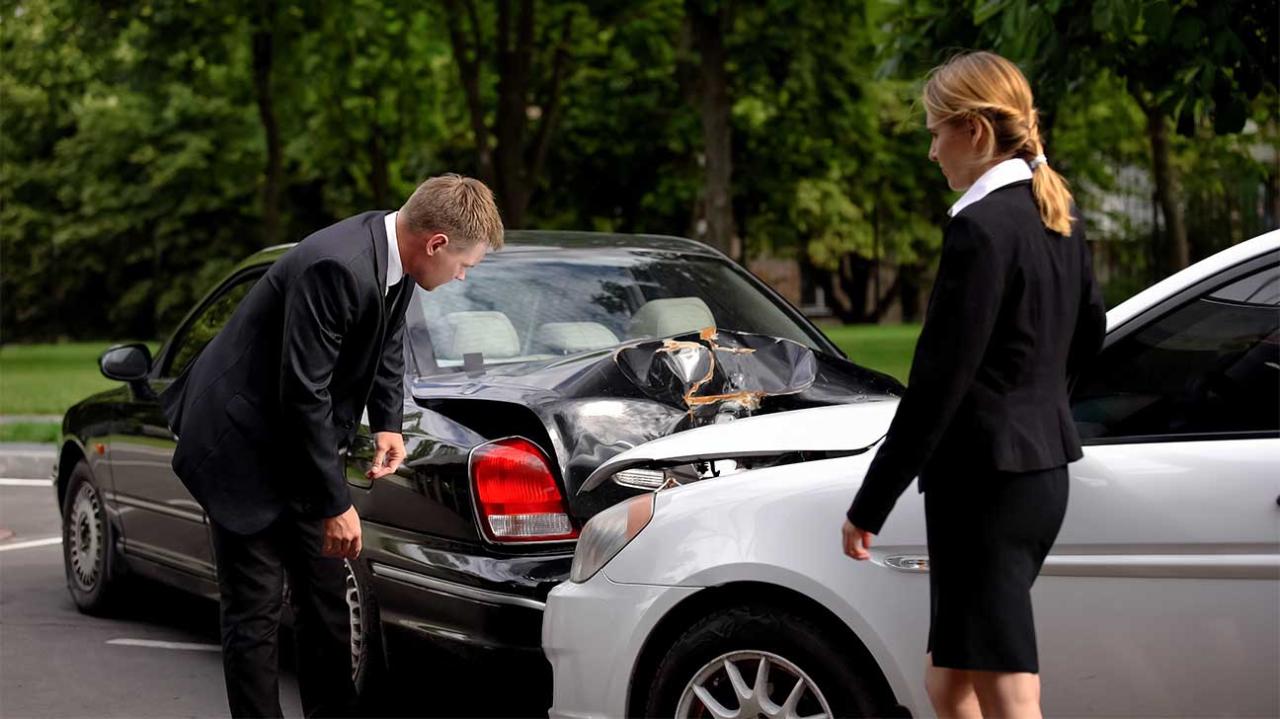
In a car accident case, compensation is awarded to the injured party for the losses they have suffered. These losses, known as damages, can be categorized into different types, each representing a specific aspect of the harm caused by the accident. Understanding these damages is crucial for determining the amount of compensation you may be entitled to.
Types of Damages
Damages in a car accident case can be broadly classified into two categories: economic damages and non-economic damages.
- Economic Damages: These are quantifiable financial losses that can be easily documented with receipts, bills, and other evidence. They represent the direct financial consequences of the accident.
- Non-Economic Damages: These damages are subjective and harder to quantify as they involve intangible losses such as pain, suffering, and emotional distress.
Economic Damages
Economic damages are the tangible financial losses resulting from the accident. These damages are usually easier to prove than non-economic damages, as they can be supported by concrete evidence.
- Medical Expenses: This includes all costs associated with medical treatment, including hospital bills, doctor’s fees, ambulance charges, medication, physical therapy, and any other related expenses.
- Lost Wages: This represents the income you have lost due to being unable to work after the accident. It includes both past and future lost wages, depending on the extent of your injuries and your ability to return to work.
- Property Damage: This covers the cost of repairing or replacing your vehicle, including any personal property damaged in the accident.
- Other Expenses: This category may include various other expenses related to the accident, such as transportation costs, home care services, and childcare.
Non-Economic Damages
Non-economic damages are intangible losses that are more difficult to quantify. They represent the subjective experience of pain, suffering, and emotional distress caused by the accident.
- Pain and Suffering: This covers the physical and emotional pain you have endured as a result of the accident, including discomfort, anxiety, and mental anguish.
- Emotional Distress: This refers to the psychological impact of the accident, such as post-traumatic stress disorder (PTSD), depression, anxiety, and sleep disturbances.
- Loss of Enjoyment of Life: This compensates for the diminished quality of life you experience due to the accident’s impact on your ability to participate in activities you previously enjoyed.
- Disfigurement: This covers the physical scarring or disfigurement caused by the accident.
Factors Influencing Compensation
The amount of compensation awarded in a car accident case depends on several factors, including:
- Severity of Injuries: The more severe your injuries, the higher the compensation you are likely to receive. This includes the extent of your physical injuries, the duration of your recovery, and the long-term impact on your health and well-being.
- Medical Expenses: The amount of your medical bills directly influences the compensation awarded. This includes past, present, and future medical expenses, depending on the extent of your injuries and the ongoing need for treatment.
- Lost Wages: The amount of income you have lost due to the accident plays a significant role in determining compensation. This includes past and future lost wages, depending on the duration of your disability and your ability to return to work.
- Liability: The degree of fault assigned to the other driver in the accident can significantly affect the compensation you receive. If you are found to be partially at fault, your compensation may be reduced proportionally.
- State Laws: Each state has its own laws governing car accident cases, including limits on compensation for certain types of damages. It is important to understand the specific laws in your state to determine the potential compensation you may be eligible for.
- Insurance Coverage: The amount of insurance coverage available to the at-fault driver can also affect the compensation you receive. If the at-fault driver’s insurance policy has limited coverage, you may not receive full compensation for your losses.
- Negotiation Skills: The skills of your lawyer in negotiating with the insurance company can also impact the final settlement amount. An experienced lawyer can effectively advocate for your rights and ensure you receive fair compensation for your losses.
Avoiding Common Mistakes
After a car accident, it’s natural to feel overwhelmed and unsure of what to do next. However, making the wrong decisions can significantly impact your ability to recover compensation for your injuries and damages. By understanding common mistakes and taking proactive steps, you can protect your legal rights and maximize your chances of a successful outcome.
Avoiding Common Mistakes After a Car Accident
It’s crucial to understand that every car accident is unique, and the specific mistakes to avoid will depend on the circumstances. However, some common mistakes can negatively affect your case.
- Failing to document the accident: Immediately after the accident, take detailed notes about the incident, including the date, time, location, weather conditions, and any other relevant details. Also, take pictures of the damage to your vehicle, the accident scene, and any injuries you sustained. These documents can serve as valuable evidence in your case.
- Talking to the other driver’s insurance company: It’s best to avoid speaking with the other driver’s insurance company without first consulting with an attorney. They may try to obtain a statement from you that could be used against you in your case.
- Accepting a quick settlement offer: Insurance companies often offer quick settlements to resolve claims quickly. However, these offers may not cover all of your damages. Consult with an attorney to ensure you receive fair compensation for your injuries and losses.
- Not seeking medical attention: Even if your injuries seem minor, it’s essential to seek medical attention immediately. This will create a record of your injuries and help you establish a link between the accident and your medical treatment.
- Delaying legal action: Every state has a statute of limitations, which is a time limit for filing a lawsuit. Failing to file within the deadline could permanently bar you from pursuing legal action.
Protecting Your Legal Rights
Taking proactive steps after a car accident can help protect your legal rights and maximize your chances of a successful outcome.
- Contact a car accident lawyer: A lawyer can provide valuable guidance and support throughout the legal process. They can help you understand your rights, negotiate with insurance companies, and prepare for court.
- Gather evidence: Document everything related to the accident, including witness information, police reports, medical records, and any other relevant documentation. This evidence will be crucial in supporting your claim.
- Keep a detailed record: Maintain a log of all expenses related to the accident, including medical bills, lost wages, and property damage. This documentation will help you calculate your total damages.
- Avoid making statements to insurance companies: It’s best to refrain from making any statements to insurance companies without first consulting with an attorney. They may try to use your words against you.
Consequences of Failing to Take Proper Legal Action
Failing to take proper legal action after a car accident can have significant consequences, including:
- Insufficient compensation: You may receive a settlement offer that does not cover all of your damages. This could leave you financially burdened and struggling to recover from your injuries.
- Lost legal rights: Delaying legal action could result in missing the statute of limitations, permanently barring you from pursuing legal action.
- Increased stress and anxiety: Navigating the legal process alone can be overwhelming and stressful. Seeking legal assistance can alleviate this burden and provide peace of mind.
Resources and Additional Information
Navigating a car accident can be overwhelming, and having access to the right resources can make a significant difference. This section provides valuable links, contact information, and additional resources to help you understand car accident laws and procedures.
Local Legal Aid Services
Legal aid services provide free or low-cost legal assistance to individuals who cannot afford private legal representation. These services can help you understand your rights, options, and potential legal recourse.
- [Name of Legal Aid Service]: [Phone number], [Website address]
- [Name of Legal Aid Service]: [Phone number], [Website address]
State and Federal Resources
Understanding your state’s specific car accident laws is crucial. You can access valuable information and resources from official government websites.
- [State Government Website]: [Link to state government website’s car accident laws section]
- [National Highway Traffic Safety Administration (NHTSA)]: [Link to NHTSA website]
Understanding Car Accident Laws and Procedures
Many online resources offer comprehensive information about car accident laws and procedures.
- [Name of Legal Resource Website]: [Link to website]
- [Name of Legal Resource Website]: [Link to website]
Tips for Protecting Your Rights
Here are some tips for protecting your rights after a car accident:
- Document everything: Take photos of the accident scene, your injuries, and any damage to your vehicle.
- Seek medical attention: Even if you feel fine, it’s essential to get checked out by a doctor.
- Don’t admit fault: Avoid making any statements that could be construed as admitting fault.
- Contact your insurance company: Report the accident to your insurance company as soon as possible.
- Consult with a lawyer: An experienced car accident lawyer can help you understand your rights and options.
Additional Information
- [Name of Organization]: [Link to website]
- [Name of Organization]: [Link to website]
Navigating the legal process after a car accident can be daunting, but having a knowledgeable car accident lawyer on your side can make a significant difference. They provide expert legal counsel, negotiate with insurance companies, and represent you in court, ensuring your interests are protected throughout the process. By understanding your rights and options, you can make informed decisions and achieve a positive outcome. Remember, seeking legal advice from a qualified car accident lawyer is crucial for safeguarding your future and securing the compensation you deserve.
Finding the right legal representation after a car accident can be a stressful experience. You need a lawyer who understands your situation and can fight for your rights. That’s where car accidents lawyers near me can come in. These professionals specialize in car accident cases and can provide the guidance and support you need to navigate the legal system and get the compensation you deserve.
Near me car accident lawyers are your best bet for navigating the complexities of a car accident case.
Finding a skilled car accident lawyer can be crucial after a crash, and navigating the legal process can be overwhelming. If you’re in Tifton, Georgia, and need legal assistance, searching for “car accident lawyers near me Tifton GA” can point you in the right direction. car accident lawyers near me tifton ga can provide expert advice and fight for your rights to ensure you receive the compensation you deserve.
Remember, seeking legal counsel is a smart move to protect your interests after a car accident.
Finding a qualified car accident lawyer near you is crucial after an accident. You need someone experienced to fight for your rights and get you the compensation you deserve. If you’re in Anaheim, California, consider reaching out to car accident lawyers near me anaheim. These lawyers specialize in helping accident victims navigate the legal system and secure the best possible outcome for their cases.
Remember, getting the right legal representation can make all the difference in your recovery process.


